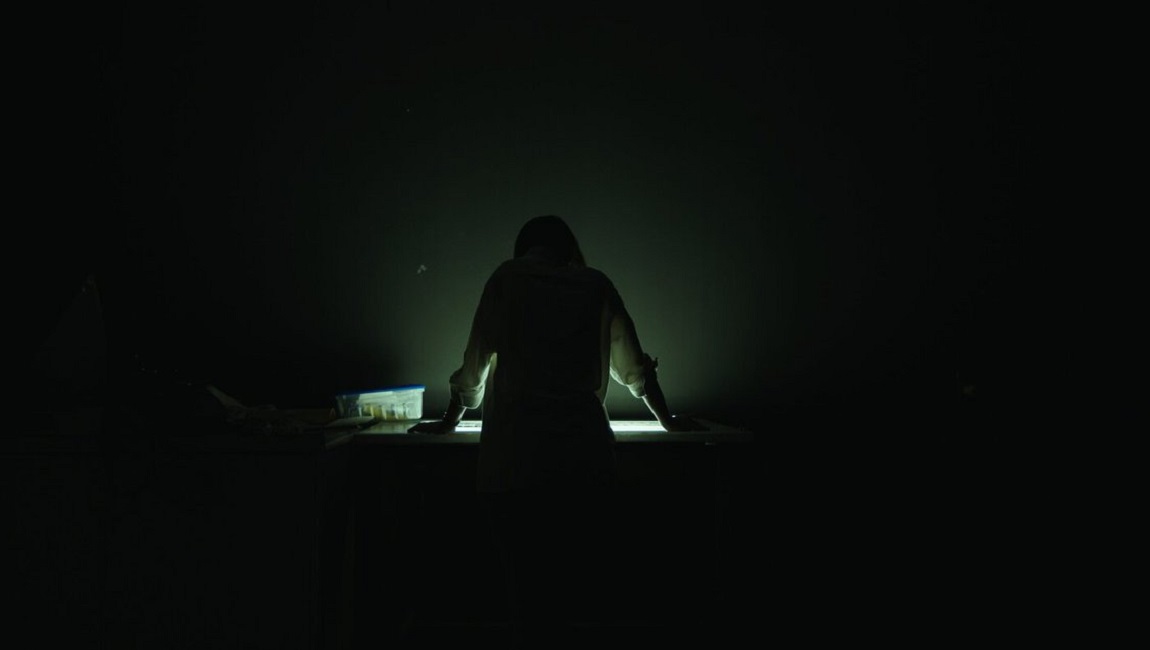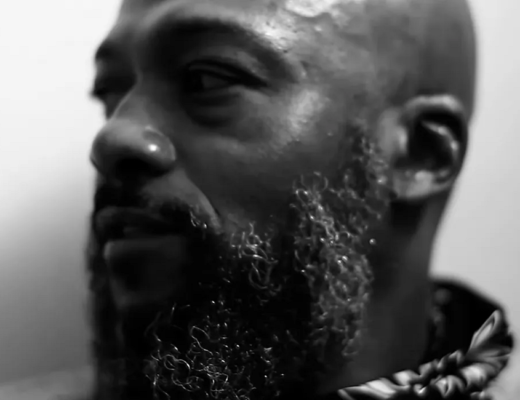The ’60s and ’70s were a highly politically-charged time for Italian cinema. The country’s neorealism movement chronicled working class lives in a post-WWII Italy — a newly post-fascist society still reeling from the fallout of the deadliest, most devastating conflict in human history. But unlike these grounded proletarian dramas, films like Ettore Scola’s A Special Day, Lina Wertmüller’s Seven Beauties, and most infamously Pier Paolo Pasolini’s hellish Salò, or the 120 Days of Sodom confronted the nation’s fascist past directly and in subversive, often highly controversial ways. Bernardo Bertolucci’s luscious political thriller The Conformist, meanwhile, rendered the grim realities of fascism in ways none of his contemporaries did: alluring, hazy, anxious, and rife with repressed sexuality.
Adapted from Alberto Moravia’s 1951 novel of the same name, the film is, in essence, a character study of an easily persuadable yet deeply conflicted and profoundly disaffected also-ran named Marcello Clerici (played with remarkable complexity by Jean-Louis Trintignant). After a childhood marred by neglect, dysfunction, and a traumatic episode of sexual abuse, Marcello yearns for a “normal” life in an Italy that has fallen to fascism. His beliefs may not run deep, but his commitment does, and he goes through the motions of assimilating into fascist society — impassive church confessions where he comes clean about all manner of sin, an unenthusiastic marriage to a petit bourgeois putz, conscientious service for the fascist secret police — before being sent to Paris to assassinate his exiled former professor, Luca Quadri (Enzo Tarascio). Since fleeing Italy, Quadri has partaken in anti-fascist activities, and the Italian authorities believe they need to make an example of him. True to form, Marcello decides to take his wife along so he can get his honeymoon over with as well, but once they arrive, he soon begins an affair with Quadri’s young wife, Anna (Dominique Sanda), who, upon learning of his motives, openly criticizes his allegiance to fascism, begging him not to hurt her and her husband.
Sitting in a car on his way to finally finish the job for which he was sent to France, Marcello ponders his life and the circumstances that put him where he is. Bertolucci presents these memories with a subtle, dreamlike haziness that is emphasized by fluid camera movements and a vibrant, high-contrast color scheme. Even though its visuals have earned particular praise, The Conformist functions as a kind of Gesamtkunstwerk: image, sound, editing, script, and performance all combine into something transcendently cinematic. Shot by legendary cinematographer Vittorio Storaro, the film frames its characters against the cold, imposing architectural Rationalism popular under Mussolini’s rule — in particular, the marble-benched asylum which houses Marcello’s father, Antonio (Giuseppe Addobbati), stands out for its modernist harshness — and contrasts the latter with middle-class drawing rooms and the bohemian cafés of Paris. It’s noteworthy that The Conformist still manages to shock with its depictions of sexual pathology, given that, aside from Salò, the era also saw the release of Tinto Brass’s 1976 proto-Nazisploitation erotic drama Salon Kitty and Luchino Visconti’s sexually frank 1969 film, The Damned. Bertolucci would further explore themes of sexuality with the controversial Last Tango in Paris, but with The Conformist, he opted explicitly to link sexual repression with the ideology of fascism. Far from the first (or last) work to do so, the film’s take nevertheless proves uniquely tragic, as the story not only highlights the depths of its main character’s pathetic ennui, but also the crushing futility of human action: in spite of his best efforts, Marcello’s obsessive conformism proves to be in vain when Mussolini resigns as head of state and the rubble-filled streets are overrun by celebrating anti-fascists. Worse, he learns that perhaps the most pivotal moment of his life, his supposed murder of childhood abuser Lino (Pierre Clémenti), didn’t actually happen as he thought it did, as he finds Lino, now balding and gray, sitting in a dark alley, again attempting to seduce a young boy.
Marcello isn’t the only one who lives his life in the shadow of sexual abuse, though. On the train to Paris, his wife Giulia (Stefania Sandrelli) relays a story of how she lost her virginity at 15 to a 60-year-old family friend — a man she used to call uncle. Aroused, Marcello begins undressing her while asking whether or not she liked the encounter. The score swells romantically as the couple are consumed by the lust her memory has roused in them, the warm, red sky outside paradoxically transforming into a muted, cool blue. The film also hints at some element of impropriety in the relationship between Marcello and his morphine-addicted mother (Carla Mignone, better known by her stage name Milly), although Bertolucci wouldn’t explore the subject of mother-son incest in depth until 1979’s La Luna, a drama that Soviet filmmaker Andrei Tarkovsky described as “monstrous, cheap, vulgar rubbish” in a diary entry.
In spite of its grave subject matter, The Conformist manages to portray both the dark and light sides of passive conformity, such as when a meeting between Marcello and a high-ranking member of the secret police concludes with Marcello absentmindedly pointing a gun at his superior before nonchalantly noticing that he must have misplaced his fedora. Similarly, the form bounces from uninterrupted camera glides to the skewed, claustrophobic angles of film noir, and by the time the fascist henchmen emerge like specters from the foggy woods to dispose of the troublesome Quadris, the ensuing burst of violence — not to mention the sheer terror in Anna’s eyes as she realizes Marcello’s betrayal — as refracted in the titular conformist’s detached gaze, scans as nothing short of sociopathic. His conscience has been extinguished by his desire to fit in, an utterly pointless transformation as he will come to realize just a few years later when the end of the Duce’s reign is announced on the radio. And when he finally sits down during the final moments, he fixes his eyes on the audience; his guilt, regret, and confusion becoming truly tangible for the first (and last) time.
Part of Kicking the Canon – The Film Canon.
Published as part of InRO Weekly — Volume 1, Issue 1.







